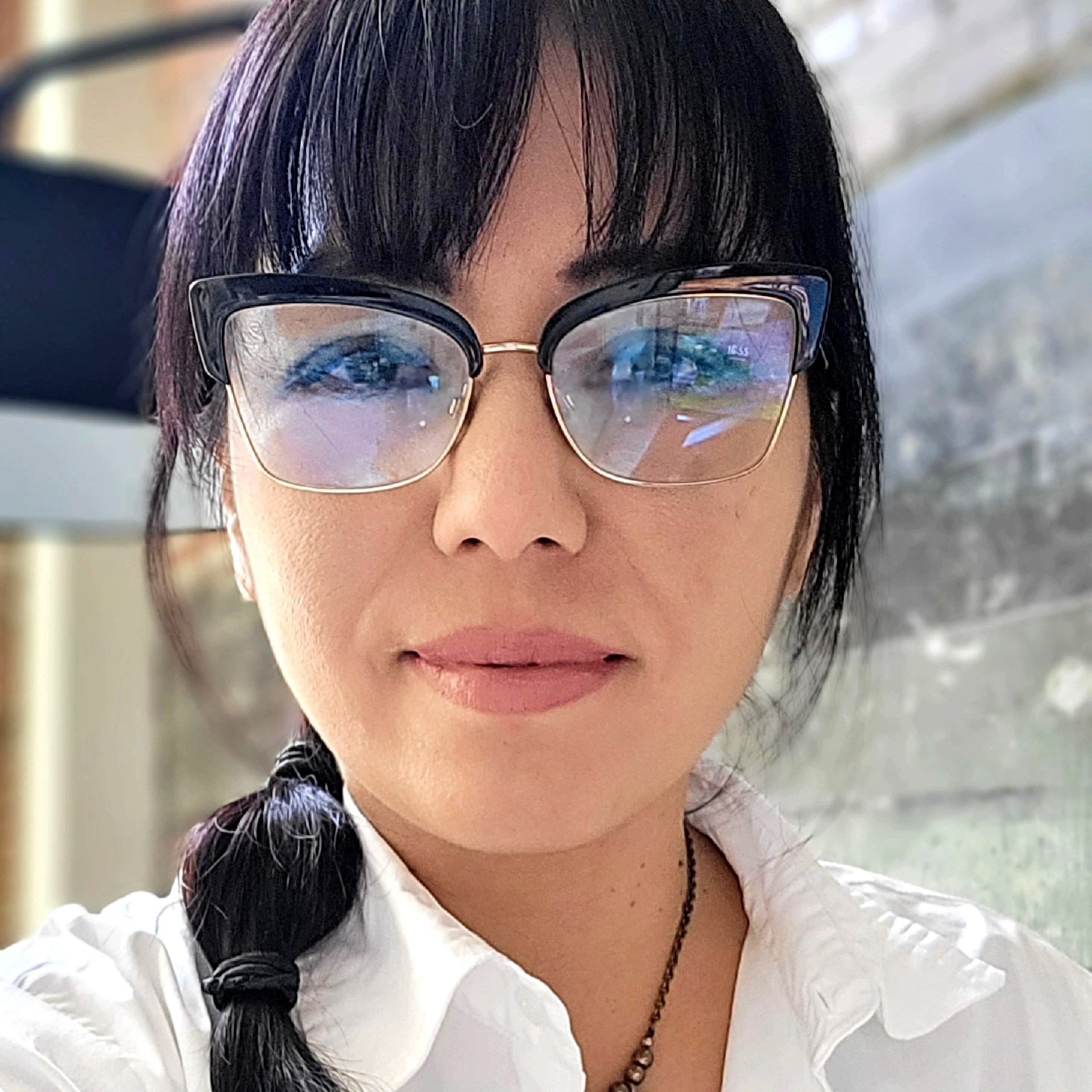The programme supported rural community groups to start businesses that not only improved their income but also enhanced their participation in decision-making spaces within their families, groups, and communities. Leaders of successful groups were then invited to participate in this exchange, where they delved into topics such as gender relations, gender transformative approaches (GTAs), tenure and land rights, gendered approaches to ecosystem restoration, natural resources management, tools and databases for accessing development programmes, and the influence of language and stereotypes on gender relations.
“We’ve noticed that when different groups come together, tell their experiences, and identify common challenges and opportunities, the exchange can really supercharge processes of transformation,” said Peter Cronkleton, senior scientist at CIFOR-ICRAF who leads the analysis for Colombia of the WRR. ” The idea here was to bring the participants together to learn from each other – as well as looking into changes in gender relations in each of their situations.”
The study is part of the Global Gender Transformative Approaches initiative for Women’s Land Rights, an effort funded by IFAD that works to promote and strengthen women’s resource rights through the integration of gender transformative approaches in rural development initiatives in Bangladesh, Colombia, Ethiopia, The Gambia, Kyrgyzstan, and Uganda. GTAs aim to identify factors that enable and catalyze changes to achieve more equitable involvement of women and girls in decision-making, control over resources, and agency in their own labour and future.
Sandra Paola Sequeda shares with the participants of the learning route how the poultry business she manages was developed. Photo by Marlon del Águila/CIFOR-ICRAF
Workshop to explore local strategies for gender-transformative approaches at the conclusion of the learning route. Photo by Marlon del Águila/CIFOR-ICRAF
New landscapes
The learning route took participants around a wide variety of landscapes. It began at the Pontificia Universidad Javeriana in Bogotá, then moved to the coastal city of Cartagena, where several of the participants had their first opportunity to visit the ocean. On the third and fourth days, the group travelled to communities in Sincelejito, Guarumal, Membrillal, and the island of Tierra Bomba to gather first-hand information on how small enterprises founded by women and youth helped improve their living conditions, and created spaces for social recognition and leadership.
Yeny Hurtado, from the El Cauca region, meets the sea in Tierra Bomba. Photo by Marlon del Águila/CIFOR-ICRAF
“Discovering new landscapes is one of the most important lessons from this journey for me—seeing and understanding lands and lives that are different from mine, but that face the same challenges and experiences,” said Yeny Hurtado, an Indigenous Nasa woman from the Cauca region who participated in the programme.
In Sincelejito, Nueva Esperanza Producers Association representative Jimmis Severiche explained how the group transformed sesame seeds into butter, oil, and snacks. She noted that in the past, women weren’t involved in sesame seed production. “We had to gain confidence and empowerment, and learn that we have rights, day by day,” she said. “Projects without women aren’t projects. As rural women, we must have opportunities within our landscapes – we need land and resources to be able to earn an income.”
Jenessis Godoy welcomes participants to the Tierra Bomba fishing community. Photo by Marlon del Águila/CIFOR-ICRAF
Jenessis Godoy, a representative of the Tierra Bomba Mar y Tierra 7 Association who took part in the learning route, shared a similar story of transformation. “Since we founded our organization, there have been important changes,” she said. “In the past, fishing – the main activity on Tierra Bomba – wasn’t a women’s business. Now, though, the women in the association have become more empowered and learned how to fish – and this has helped us improve how we sell the catch commercially, too.”
“Spaces like this training enhance our confidence and help affirm that we [women] have the knowledge and the know-how to mobilize more women to get involved in our communities’ decisions and well-being,” said Godoy. “We are here to stay.”

















